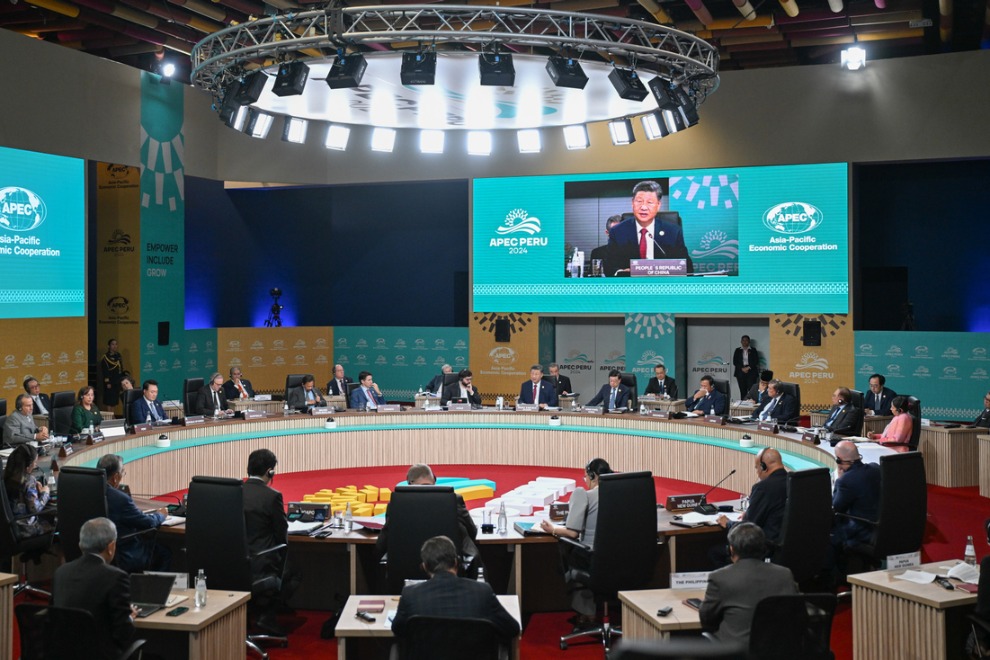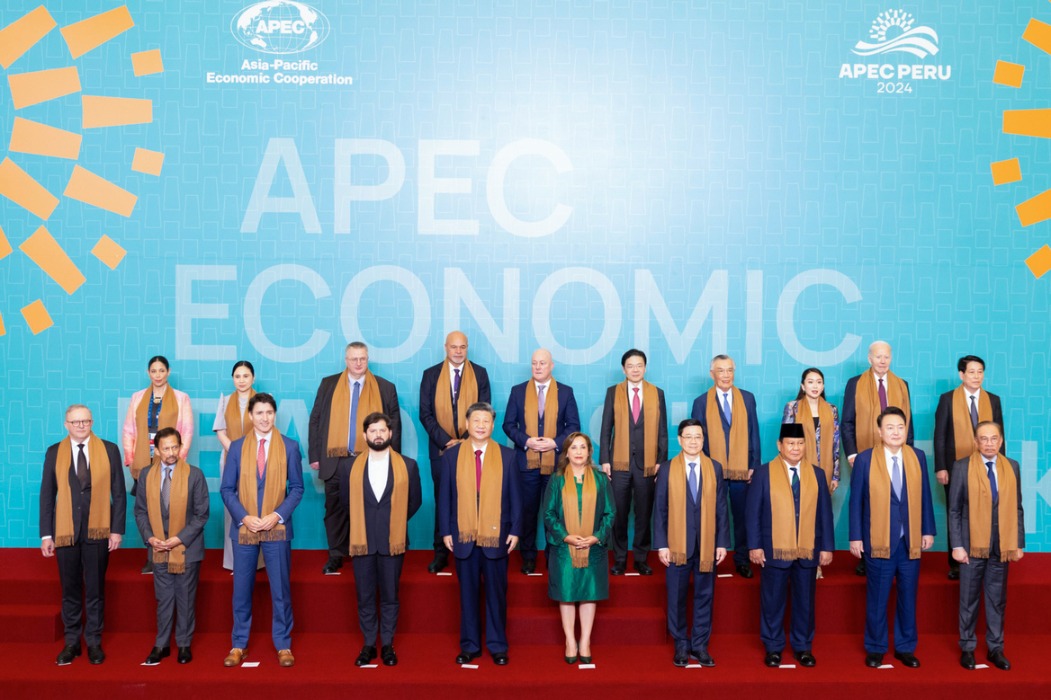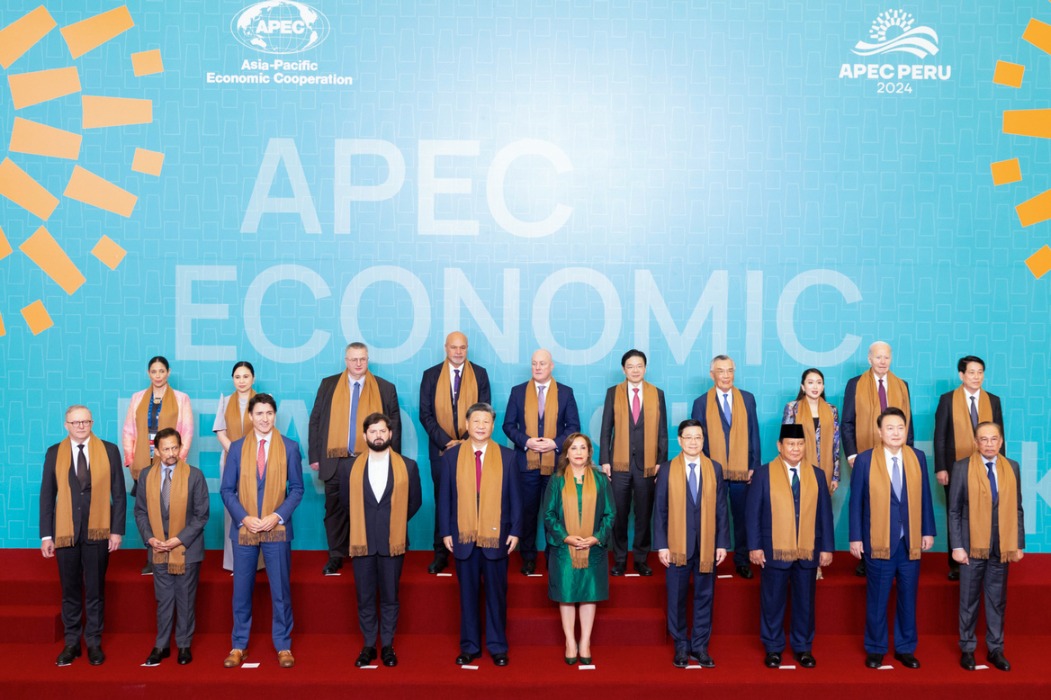Germany becomes NATO's 2nd-largest defense spender
By JULIAN SHEA in London | China Daily Global | Updated: 2024-06-21 09:14

Newly published figures show that Germany is the second-largest spender on defense among the 32 member states of the NATO military alliance.
This year, defense expenditure in Germany is set to reach $97.7 billion, surpassing the $82.1 billion spent by the United Kingdom, which was previously the second-highest spender behind the United States. The US is once again way ahead, with an outlay of $967.7 billion, according to the latest NATO defense expenditure report.
France and Poland complete the top five, with budgets of $64.3 billion and $35 billion respectively.
In February this year, German Chancellor Olaf Scholz told the country's defense industry it could rely on his government to increase spending to meet the NATO target that member countries should commit 2 percent of GDP to defense, having spent 1.57 percent in 2023.
He said the impact of the conflict in Ukraine and the questions it had posed to so many countries in Europe meant that the production of defense equipment should be a heightened priority for everyone.
"Not only the United States, but all European countries must do even more to support Ukraine. The pledges made so far are not enough. Germany's power alone is not enough," he continued.
Germany reaching the 2 percent budgetary milestone would mark the first time the country had done so since the early 1990s, in the final stages of the Cold War.
According to the UK Defence Journal website, the quoted budgetary figures are not purely about hardware.
NATO defines expenditure on defense as any payments made by a government to meet the needs of its armed forces, those of its allies, or NATO.
In addition to the regular armed forces, it can include special operations units, cyber command and even elements of national police or coast guard services, if they have been trained and equipped for military operations and where they can be deployed internationally.
NATO's next annual summit is taking place in Washington on July 9-11, where Dutch Prime Minister Mark Rutte is due to be appointed the group's new secretary-general, taking over from the incumbent, Norway's Jens Stoltenberg.
























